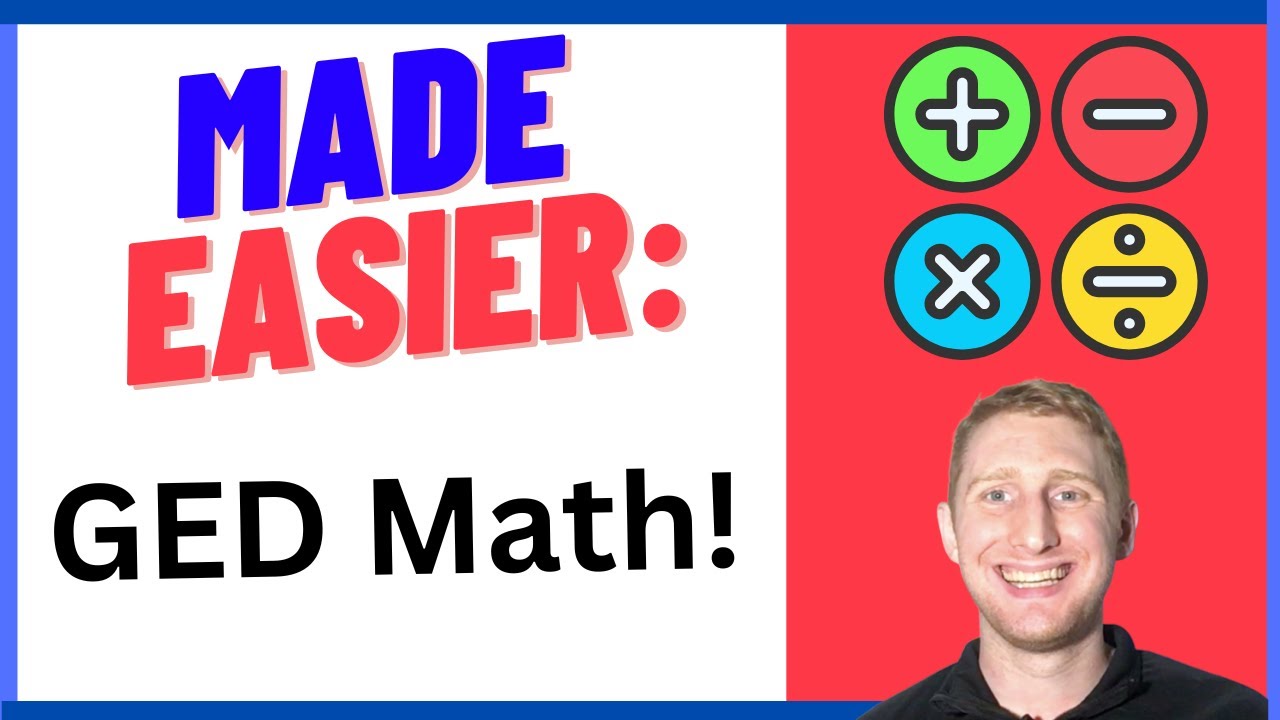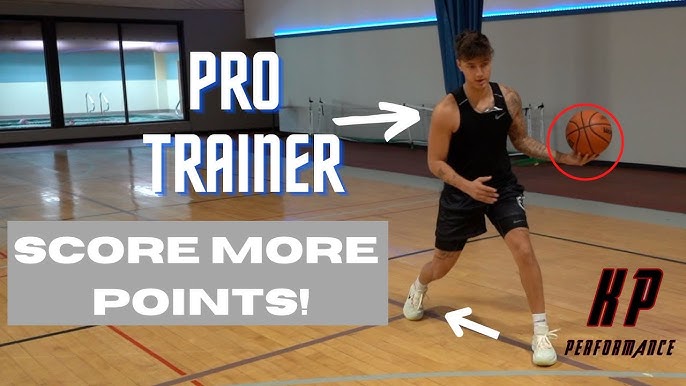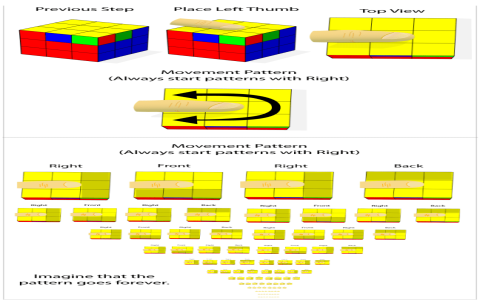So I scored 31 outta 45 on that design exercise last Tuesday. Ouch, right? Way lower than I expected. Honestly sat there staring at the screen feeling kinda bummed out. Weird mix of frustration and “well, crap.” Knew I needed to actually do something about it, not just mope. Decided to break it down into tiny, actual steps I could take. Here’s what went down:

The First Move: Actually Looking At Where I Messed Up
Grabbed a pen and the paper feedback. Stopped trying to justify why stuff happened and just forced myself to really read it. Marked up every single point I lost. Highlighted the big ones in screaming yellow. Saw a pattern – kept losing points for “not enough detail” on concepts I thought were obvious. Felt my face get hot. Okay, first realization: My assumptions weren’t matching the scorer’s needs. Needed to spell. Everything. Out. Painfully so.
Move Two: Stealing Time Back From My Phone
My biggest enemy? That stupid rectangle of distraction in my pocket. For the next two days, I went nuclear when working on practice responses. Did the thing I hate but works: physically put the phone in another room. Told myself, “Just 30 focused minutes.” Actually set a kitchen timer – the loud, annoying kind. Made a little note pad on my desk for the inevitable “Oh! I need to google that!” thought. Wrote it down instead, and promised myself I’d look later. Sounds dumb, but shockingly effective. Those 30-minute chunks? Pure gold.
Move Three: The Ugly, Honest Practice Session
Picked one question I bombed on. Didn’t just re-read it. Sat down like I was under the clock again. Typed out the whole answer, forcing myself to elaborate on every tiny point like I was explaining it to my grandma who thinks the internet is magic. It felt slow. It felt clunky. It felt embarrassing writing stuff down that seemed “too basic.” But I pushed through. Finished the answer, then compared it to the feedback notes. Saw places where my new, overly detailed version actually covered points I’d missed before. Lightbulb moment.
Move Four: Annoying My Buddy (Sorry Dave)
I know Dave vaguely understands this stuff, so I cornered him at lunch. Explained the core concept from that practice question to him. Like, literally said, “Okay Dave, pretend you know nothing about this…” and started talking. Watched his face for confusion blankness. When he asked “Why does that matter?” – bingo! That was a point I’d glossed over originally. Jotted down every “Dumb Dave Question” as a reminder: address the obvious. Dave is now a valuable resource, whether he likes it or not.
Move Five: Getting Seriously Boring
Looked back at the feedback. One thing kept popping up: weak transitions. Answers felt choppy. So I literally made a bullet-point checklist for my next response:

- State the main point right at the start? (CHECK)
- Does every paragraph clearly link back to that point? (ASK DAVE IF CONFUSED)
- Explicitly say “This matters because…”? (NO ASSUMING!)
It felt robotic. It also worked. Structured the chaos.
Move Six: The Not-So-Fun Drill
I found one particularly nasty question I’d avoided. Set the annoying kitchen timer for 15 minutes this time. Forced myself to just start writing something, anything, even if it was garbage. Goal wasn’t perfection, it was momentum. Didn’t finish, but got the core ideas out. Reviewed it later and saw, hey, the structure I forced on myself actually kinda worked.
Move Seven: Sleep. Seriously.
By Friday, my brain felt like overcooked spaghetti. Trying to cram more “moves”? Pointless. So I stopped. Watched a dumb movie. Ate pizza. Went to bed stupidly early. Woke up Saturday feeling… clearer. Like the fog lifted a bit. Pulled out another practice question. Worked through it slower, but way more focused. It felt less frantic. Stronger. The biggest move of all might just be shutting it down to reset.
So Did It Work?
Scored another similar exercise yesterday. Got a 39. Not perfect, but a solid jump from that 31. More than the number? The process itself felt different. Less panic, more intentional step-by-step grinding. Learned the hard way: fixing a low score isn’t about one magic trick. It’s about poking at the weak spots (embarrassing!), stealing back focus, doing the boring structure stuff, talking it out to a bored Dave, and sometimes, just turning the damn phone off and sleeping. Back at it tomorrow!

